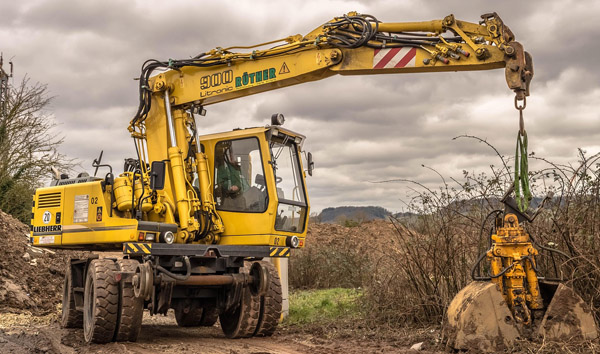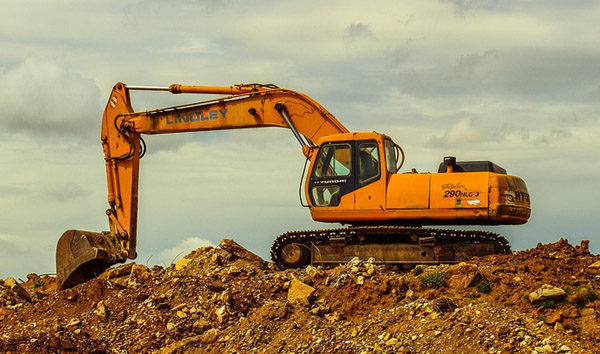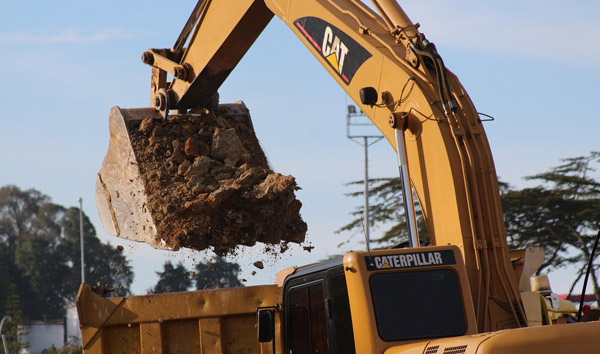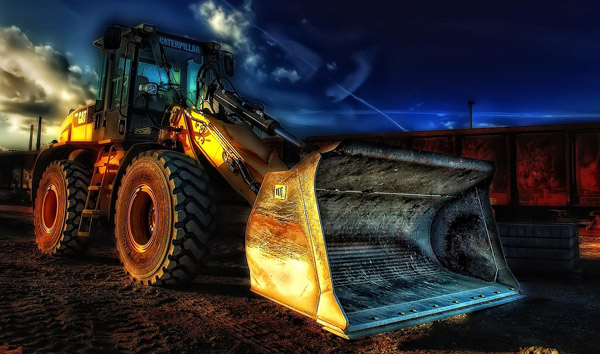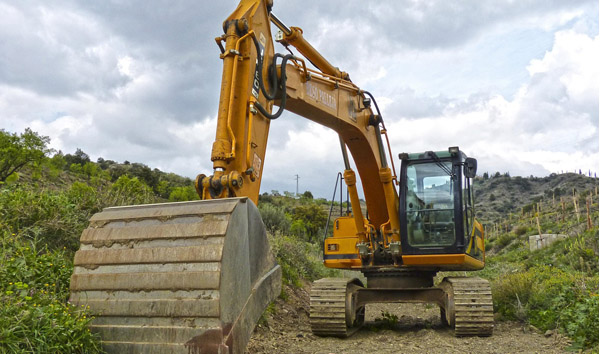Navigating the Robust Capabilities of Modern All-Terrain Forklifts
2025-07-31 05:55:27
All-terrain forklifts are engineered to tackle uneven surfaces, steep inclines, and rugged outdoor conditions with unmatched efficiency. Key specifications include load capacities ranging from 5,000 to 15,000 lbs, ensuring versatility across industries like construction, agriculture, and logistics. These machines feature reinforced chassis designs and high-traction tires, enabling stability on gravel, mud, and sand. Additionally, their hydraulic systems are optimized for precision lifting, even on slopes up to 15 degrees.
The powertrain specifications of all-terrain forklifts set them apart from conventional models. Most units are equipped with turbocharged diesel engines, delivering 75–150 HP to handle heavy loads while maintaining fuel efficiency. Advanced transmission systems, such as hydrostatic or torque-converter drives, provide seamless speed control across varying terrains. Operators benefit from ergonomic cabins with shock-absorbing seats and intuitive control panels, reducing fatigue during extended shifts. These forklifts also incorporate all-wheel-drive (AWD) systems, ensuring consistent traction in adverse weather conditions.
Safety remains a top priority in all-terrain forklift design. Modern models include rollover protection structures (ROPS) and falling object protective structures (FOPS) as standard. Load-sensing hydraulics prevent tipping by automatically adjusting lift speeds based on weight distribution. Furthermore, LED lighting and 360-degree cameras enhance visibility in low-light environments. Compliance with ISO 10525 and ANSI/ITSDF B56.6 standards ensures these machines meet global safety benchmarks.
Durability is a hallmark of all-terrain forklifts, with corrosion-resistant coatings protecting critical components from moisture and debris. Heavy-duty axles and reinforced suspension systems extend service life, even in abrasive environments. Maintenance is streamlined through centralized lubrication points and diagnostic ports for real-time performance monitoring. For example, some models feature telematics systems that alert operators to potential issues before they escalate, minimizing downtime.
The future of all-terrain forklifts lies in electrification and automation. Lithium-ion battery-powered models are gaining traction, offering zero emissions and lower operating costs without sacrificing power. Autonomous navigation systems, leveraging LiDAR and GPS, are being tested for precision load handling in remote sites. As industries demand greener, smarter solutions, manufacturers continue to push the boundaries of all-terrain forklift specifications, ensuring they remain indispensable in dynamic work environments.




